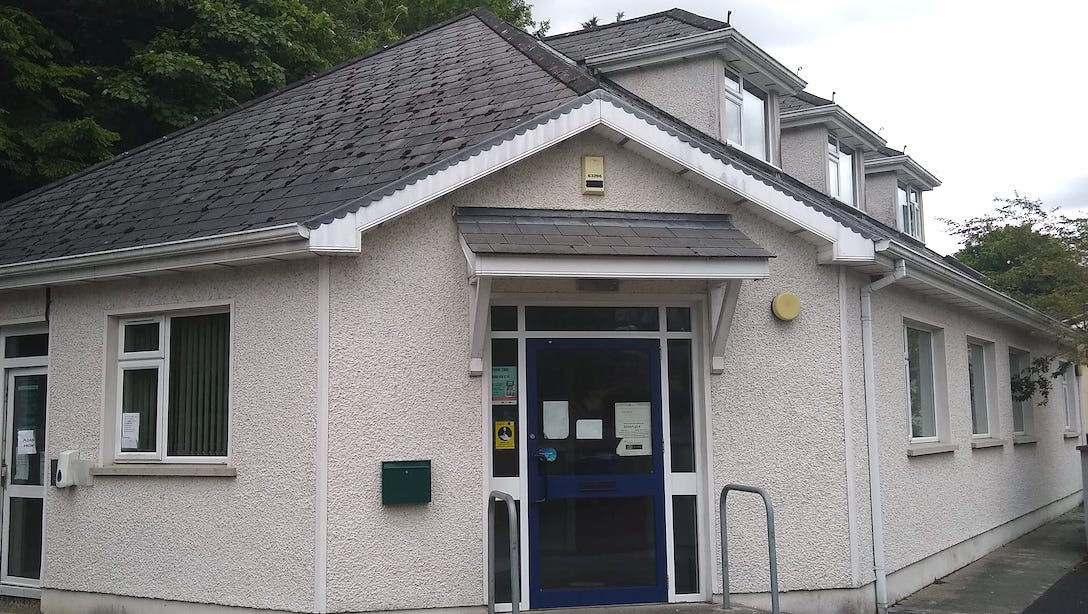
Figures obtained under Freedom of Information have shown 2023 has, to date, been the worst year for GP surgeries handing back contracts to the Department of Health, with the two proceeding years indicating only minimal instances.
Overall, 18 practices have ended their contacts since 2021, of which 14 occurred this year, affecting all but the Belfast Trust.
In the Southern Trust area, three practices have this year handed back contracts. They are Maphoner in south Armagh, which is now under the care of the Trust; Donaghcloney Surgery, which has advertised for new providers; and Kilkeel Medical Practice, which has today (Monday) being taken over – on a temporary contract – by the Trust.
Under this new arrangement, the Trust will manage the contract until March 31, 2024.
Before that, the Bannview in 2021 had handed back its contract but a resolution has since been found.
The Northern Trust had the worst figures, with six practices affected, having had no issues in the preceding two years.
Closely following was the Western Trust, which had five contacts returned overall, of which four were this year, and the other was in 2022.
The Southern Trust figures showed four contacts returned, one in 2021 and the remainder this year.
The Belfast Trust had two, both in 2022, and the South Eastern Trust came out on top with just one this year.
In the majority of instances, the situations were resolved with new providers taking over the service.
Another three, one in the Northern Trust and two in the Southern Trust, were described as “advertising for new providers/ pending resolution”.
Another is under the care of the Southern Trust.
The remaining five are all within the Western Trust, of which two have resolved with new providers.
Dr. Alan Stout, Chair of British Medical Association Northern Ireland’s GP committee, said: “General practice in Northern Ireland is under sustained pressure.
“There are not enough GPs to meet the rising workload requirements. Funding is being withdrawn, practice lists are increasing, and the issue with long waiting times for secondary care mean patients are having to rely on their GP to manage ongoing health issues.
“Alongside this, GPs in Northern Ireland are disadvantaged compared to GPs in the rest of the UK as we have to pay our own indemnity.
“As a result, an increasing number of practices in Northern Ireland are choosing to hand their contract back either because they feel they can no longer manage the complexity of running it on a shoestring, or because GPs are retiring and there is no one who wants to take over the practice.
“These problems are particularly acute in the west of Northern Ireland where we have seen a number of contract handbacks.
“While patients are always moved to other practices, meaning they do have a primary care service to use, this is not an ideal situation, and just increases the pressure on the remaining practices.
“We have consistently lobbied the Department of Health to work with us to address some of these issues before it is too late.”
The Department of Health was asked to set out what is being done or planned to address this trend, to which a spokesperson replied: “All applications for list closure from GP practices are considered in accordance with the HPSS GMS Regulations (NI) 2013.
“Applications are reviewed to include an analysis of registration figures and practice profile data in the neighbouring area whilst taking account of similar difficulties being experienced by other practices and the impact that a list closure would have on them.
“In acknowledgement of the pressures experienced by practices over the winter period, the Departmenr had put in place a temporary patient registration freeze for all practices from November 1, 2022 to March 31, 2023.
“This meant that any patient who is currently registered with a GP practice in a locality area could not move to another practice within the same catchment area.”





